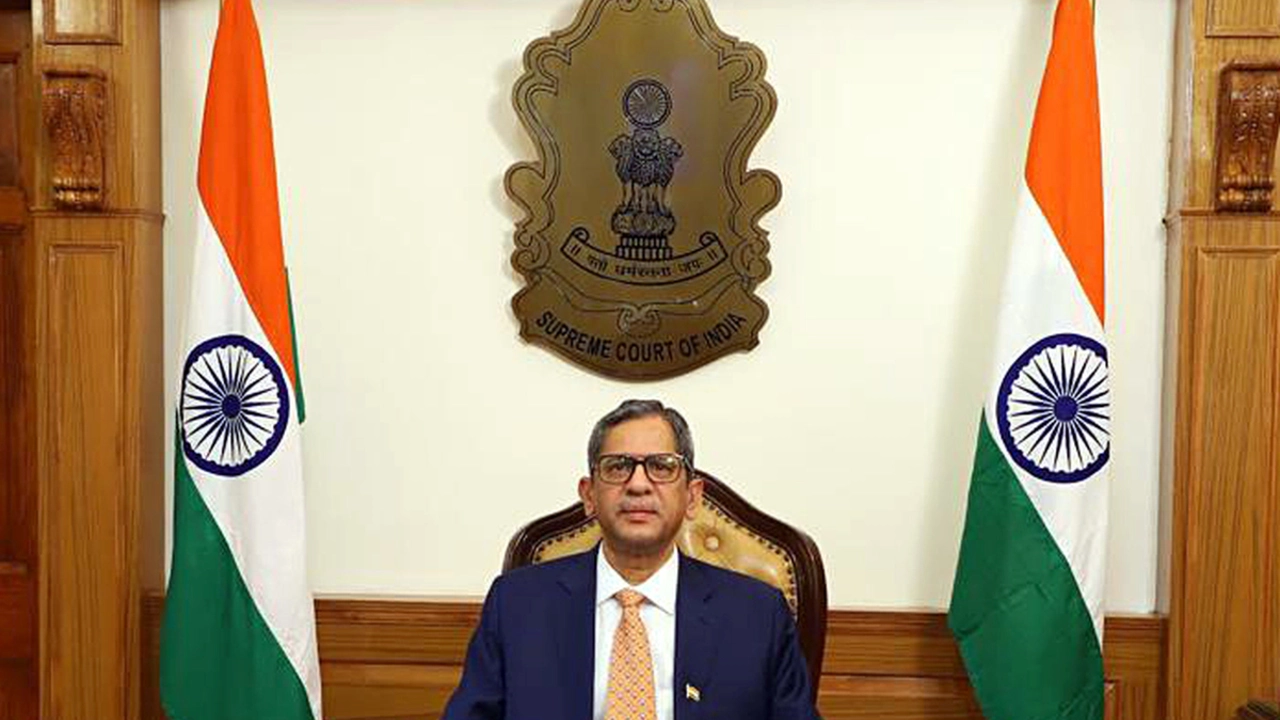Electoral Bonds Case: Simple Guide to India’s Political Funding Controversy
Ever wondered why you hear the term “electoral bonds case” in the news? It’s all about how money moves into Indian politics and whether that money is visible enough for the public. In plain terms, the case asks if the current system lets parties get cash without anyone knowing who the donors are. Let’s break it down so you can see why it matters.
What Are Electoral Bonds?
Electoral bonds are basically financial instruments that you can buy from select banks. They come in set values, like ₹1,000 or ₹1 crore, and you can hand them over to a political party of your choice. The party then cashes them in, and the transaction stays anonymous – the donor’s name never shows up on any public list. The idea, when the bonds were introduced in 2018, was to bring clean money into elections, but the anonymity has sparked a lot of debate.
Key Court Rulings and Their Impact
The biggest turning point was the Supreme Court’s decision in 2020. The court said the government could keep the bonds secret, but it also asked the Election Commission to draft new rules for political funding. That opened the door for more legal fights. In 2023, the Election Commission tried to tighten the rules, but the government pushed back, saying any change would need a clear law from Parliament.
Every time a new verdict lands, it reshapes how parties raise money. When the court upheld secrecy, critics said it made it easier for big corporations to influence elections without any public check. Supporters argue that anonymity protects donors from political backlash. The back‑and‑forth in courts keeps the issue alive and makes it a hot topic every election cycle.
For the average voter, the case matters because it decides how transparent the political system is. If donors stay hidden, voters can’t see who might be pulling strings behind the scenes. If rules become stricter, parties will have to show more details about who’s funding them, which could change campaign strategies.
So, what can you do? Keep an eye on news updates about the case, especially when the Supreme Court or Election Commission announces new guidelines. Follow reliable sources that break down the legal jargon into everyday language. The more you know, the better you can judge whether a party’s promises line up with its funding sources.
In short, the electoral bonds case is a tug‑of‑war between anonymity for donors and the public’s right to know where political money comes from. The courts, the government, and the Election Commission are the main players, and each decision reshapes the political funding landscape.
Stay tuned, stay informed, and remember that every vote you cast is linked to the bigger picture of how money flows in politics. Understanding the case helps you see beyond the headlines and ask the right questions at the ballot box.
CJI Ramana says Supreme Court to list electoral bonds case?
In a recent development, Chief Justice of India (CJI), N.V. Ramana, has announced that the Supreme Court will be listing the electoral bonds case. This case has drawn significant attention due to its potential implications on political funding transparency in the country. It's a relief to see that the apex court is taking action on such crucial matters. I'll be keenly watching how this unfolds and will keep you folks updated on any major breakthroughs. It's certainly a case that could shape the future of Indian politics.
Arvind Chatterjee | Jul, 22 2023 Read More
